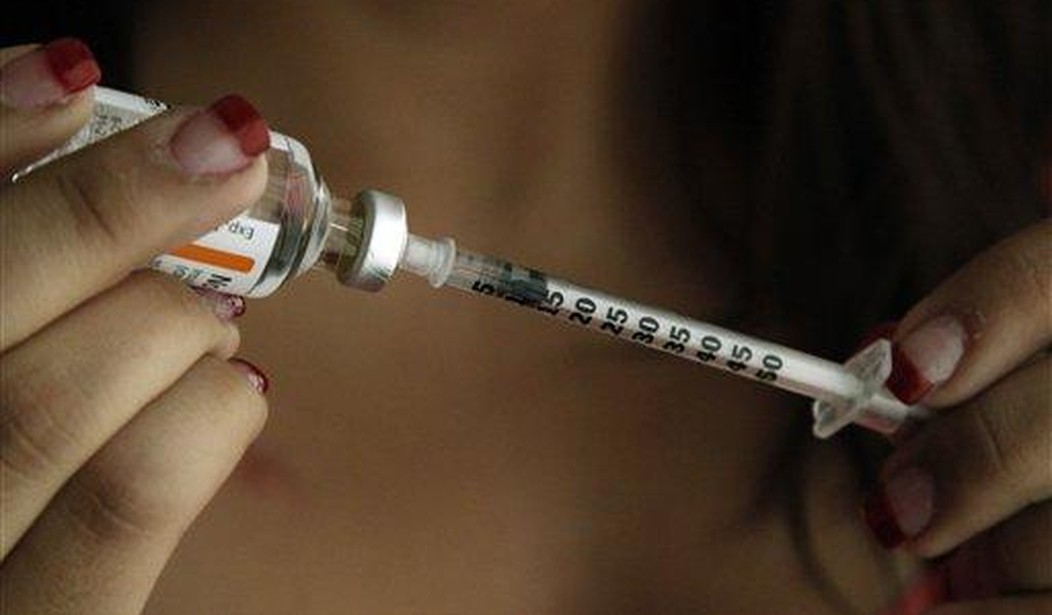Insulin is a necessity for people who have Type 1 diabetes and in some cases can also be needed for people who suffer from Type 2. Diabetics who do not have access to it can be faced with a life-threatening situation. Over the years, the price of the drug has continued to climb. Combined with the increasing cost of living that has gripped the nation this year, more than one million people with diabetes in the United States are rationing insulin.
According to the UPI, many are delaying picking up their prescriptions, while others have opted to use lower doses. Dr. Adam Gaffney, who is a critical care specialist at Harvard Medical School and Cambridge Health Alliance, told the site, “It’s really hard to control a disease when you can’t afford the medications you need.”
The American Diabetes Association notes that the price of insulin tripled between 2002 and 2013, while the costs of the most popular versions of the drug tripled over the last ten years. According to the Association, diabetics account for one out of every four dollars spent on healthcare. One out of every four insulin users told the Association that the insulin cost has impacted their use of the drug.
The UPI article notes that generic insulin brands are unavailable and there is a lack of competition in production. Companies that control the market make small changes to the formulas, which allows them to extend drug patents.
Obviously, even the most cynical critic cannot legitimately pin this problem solely on the inflation hike that has occurred under Joe Biden’s watch. But as prices for groceries, heat, and gas go up, how much tougher will it become for people who live with diabetes to make choices between the basic necessities of life and purchasing the insulin that can save their lives?
You may recall that Biden had barely begun warming the chair behind the Resolute desk before he began issuing executive orders and reversing or pausing rules and directives of his predecessor, Donald Trump. Fox News noted last year that one of the rules that he paused was designed to lower the cost of insulin, That measure, which at the time had not gone into effect, would have required some community health centers to provide savings on insulin and epinephrine to low-income patients. While the rule would not have solved the problem, it was a step in the right direction toward finding a solution to an issue that has plagued people who have been living with diabetes for years.
The UPI is reporting that a new federal law will take effect in 2023 that will cap the monthly copay for insulin at $35 for Medicare patients. The law does not cover patients who do not have Medicare, and Gaffney said that people who have fixed incomes, especially seniors and/or people who have multiple prescriptions, may still struggle.
During the COVID-19 pandemic and since, people have decried the power of Big Pharma. Many people were sounding the alarm about the cozy and unhealthy relationship between the drug industry and lawmakers for years prior to COVID-19. If indeed, we do get a new majority of lawmakers in the House and Senate, among their priorities should be an effort to force politicians on both sides of the aisle to come clean about and divest themselves of the Big Pharma influence.










Join the conversation as a VIP Member